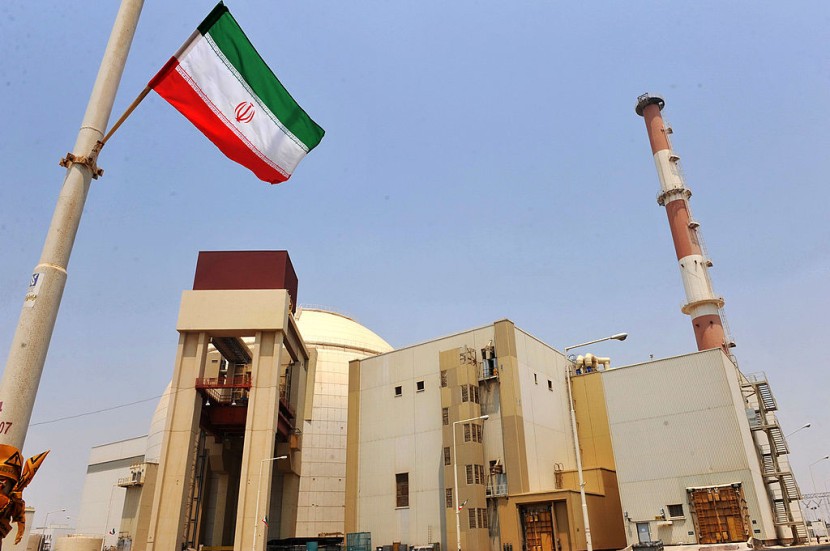
The Iranian election was mired in controversy following a number of probable candidates' disqualification. It yielded the victory of Ebrahim Raisi, a hard-liner who has a firm stance regarding US-Iran ties.
Critics of the Iran nuclear negotiation entered into by former President Barack Obama and withdrawn by former President Donald Trump cited its failure to address issues including Iran's ballistic missile program. Raisi has made it apparent that discussions regarding this issue will not be on the table soon.
Landslide Victory
Ebrahim Raisi won a massive victory in the June 18 Iranian presidential election. Among a total of 28,933,004 ballots counted, Raisi won a landslide total of 17,926,345 votes. According to the Iranian Interior Ministry's election headquarters, Raisi's opponents, Mohsen Rezaei, Abdolnasser Hemmati, and Amir Hossein Qazizadeh Hashemi, secured 3,412,712 votes, 2,427,201 votes, and 999,718 votes respectively, reported Caspian News.
The hard-liner won the Iranian presidential election in the midst of a historically low voter turnout due to voter apathy. He has major influence over domestic policy and foreign affairs and will be inaugurated in August, reported the United States Institute of Peace.
The victory at the polls was reportedly not a surprise. Raisi, 60, may well shape Iran's political landscape far beyond his presidency and holds deeply conservative views on numerous social issues, reported DW.
Raisi garnered 61.95 percent of the votes in the election. According to the announcement of the interior ministry regarding the result on Saturday, the voter turnout was at 48.8 percent, which was the lowest turnout for a presidential election in the history of the country.
The 60-year-old has the advantage of a wide backing from the conservative and hardline revolutionary camp and their base. He will remain chief justice until he takes over from moderate outgoing President Hassan Rouhani as he was not able to resign to run for the presidency.
Much like Supreme Leader Ayatollah Ali Khamenei, Raisi dons a black turban. It symbolizes that he is a sayyid or a descendent of the Prophet Muhammad.
Raisi also firmly declined the idea of meeting with President Joe Biden. Simultaneously, Raisi underscored the significance of a deal, stating that sanctions relief was central to their foreign policy.
He has been a leader of Iran's judiciary since he was appointed by Supreme Leader Ali Khamenei in March 2019. He is regarded to be among the potential successors of Khamenei.
According to an Amnesty report in 2018, at least 5,000 regime opponents were killed. The real number could be higher in reality, since several prisoners who were released were then taken into custody again and furtively executed. The Trump administration and the European Union responded by sanctioning him back in 2019.
Raisi's induction comes as the Biden government is working with other significant powers to bring the US and Iran into full compliance with the 2015 nuclear deal. He has communicated interest in reviving it to take advantage of its economic benefits.
Related Article : Iran Presidential Vote Defined by Voter Apathy Due to Low Turnout, Frontrunner Under US Sanctions








